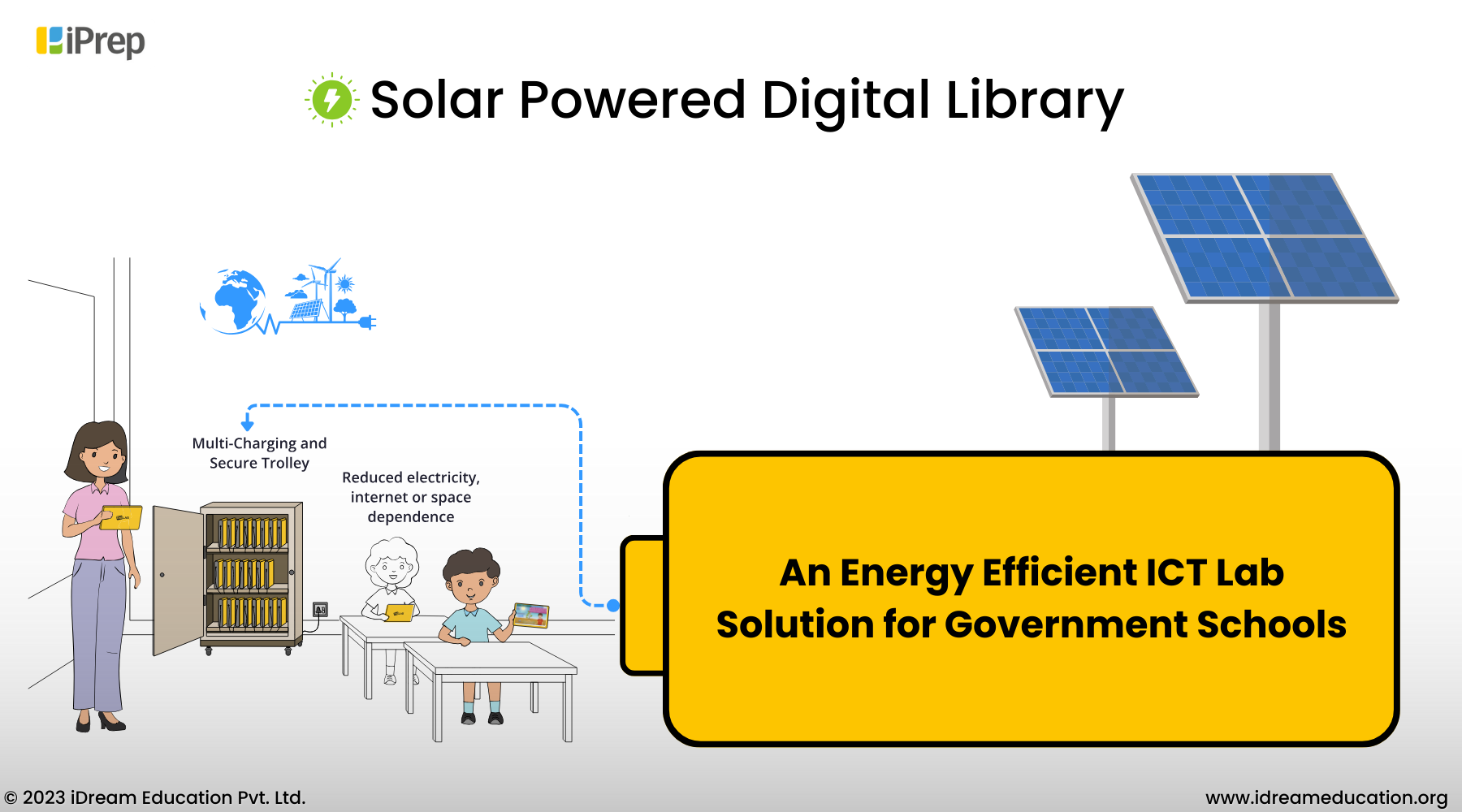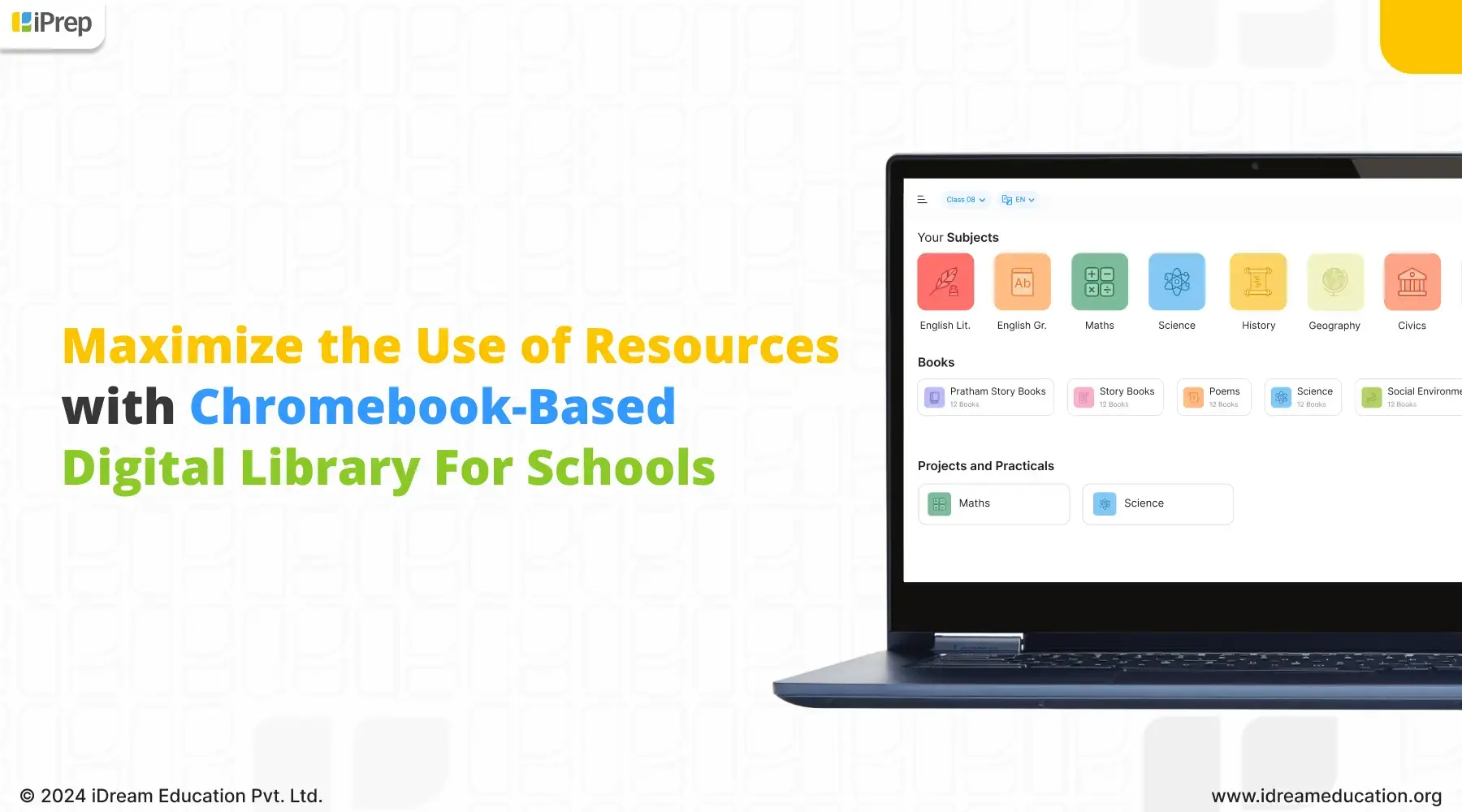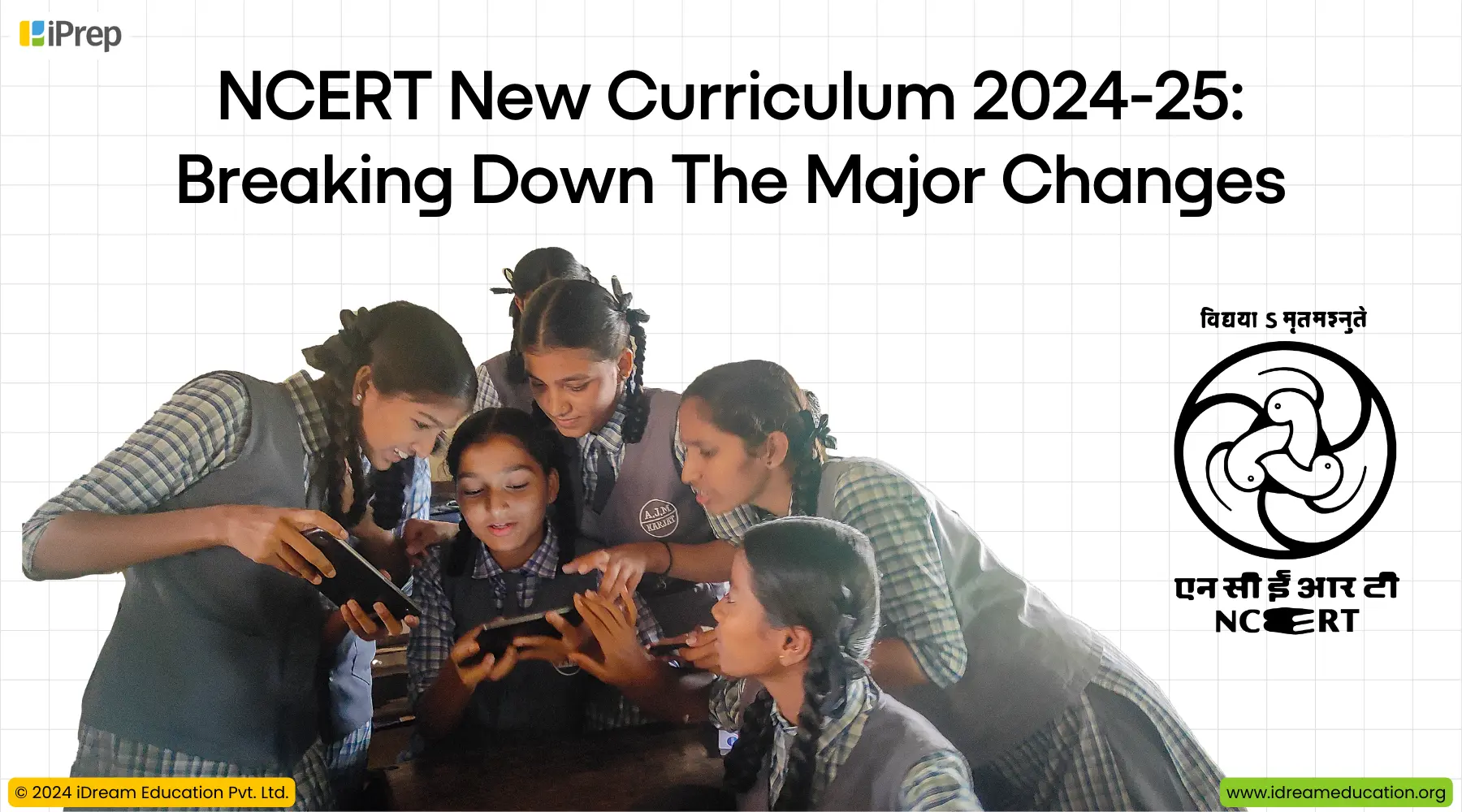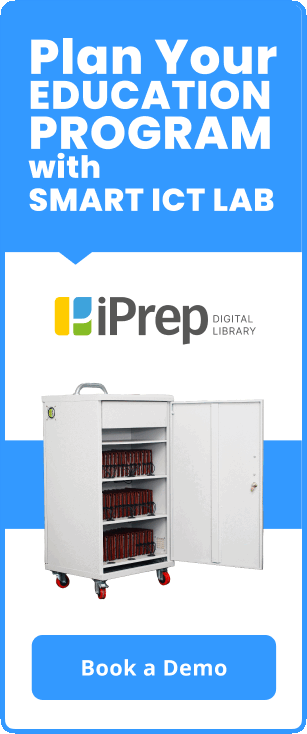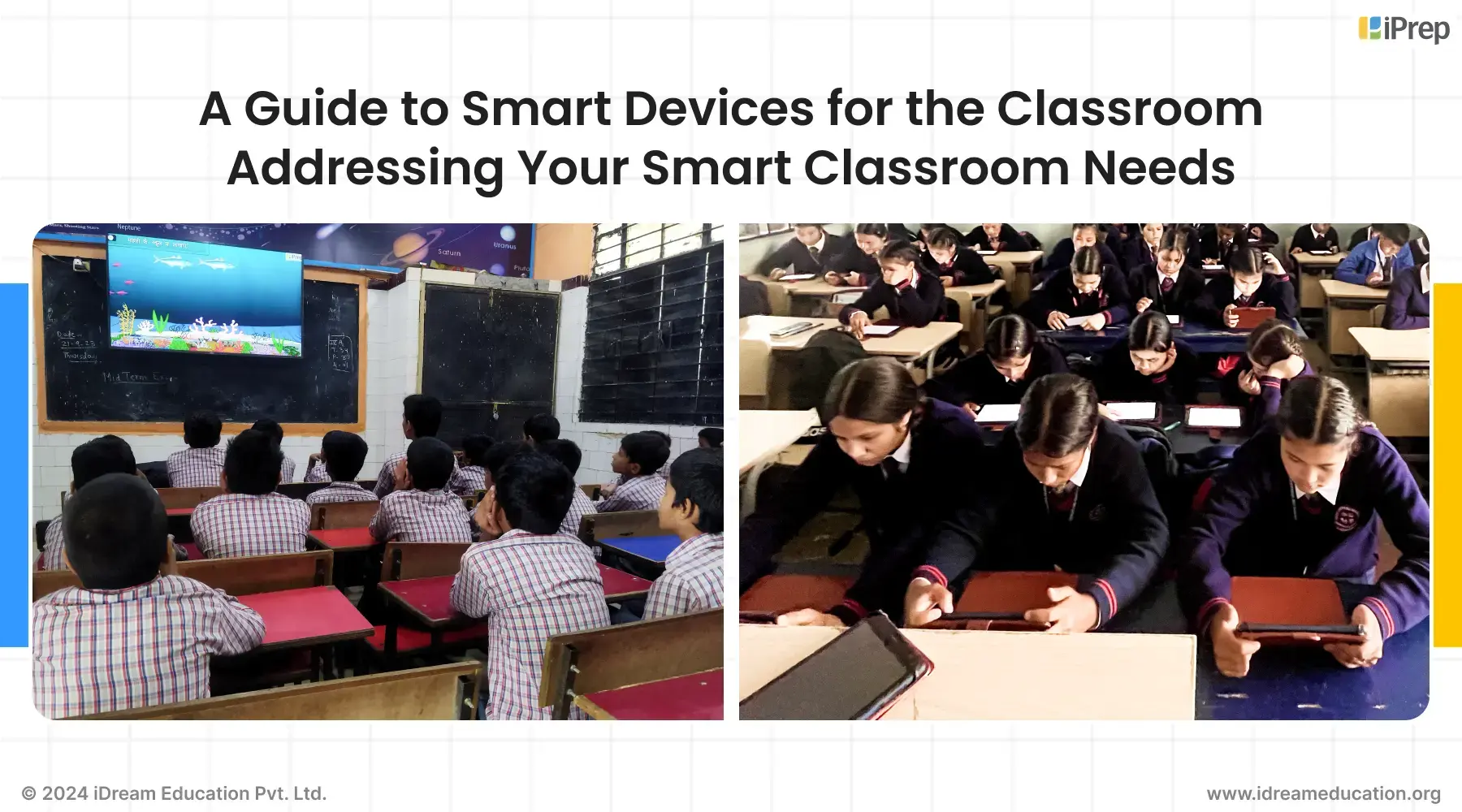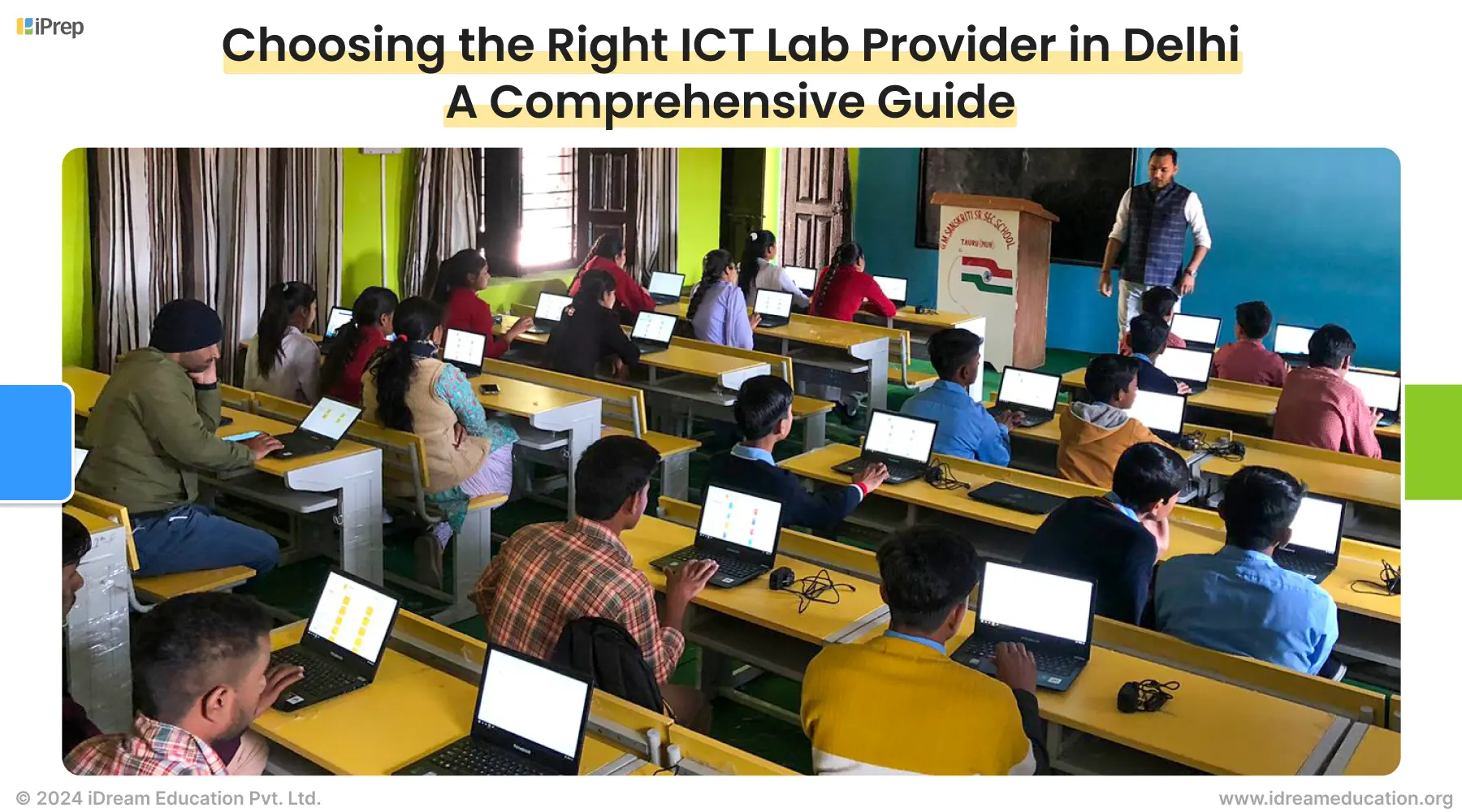TABLAB and the Fourth Battle of Panipat
Panipat is a city in the state of Haryana, located just about 90 kms from Delhi. It is also known as the “City of Weavers” or the “Textile City”.
The city also has historical importance having witnessed 3 battles. Each of them shaping the future of India. The last of these battles took place in 1761. Still today, after hundreds of years, the city is once again fighting a battle –
The Fourth Battle of Panipat
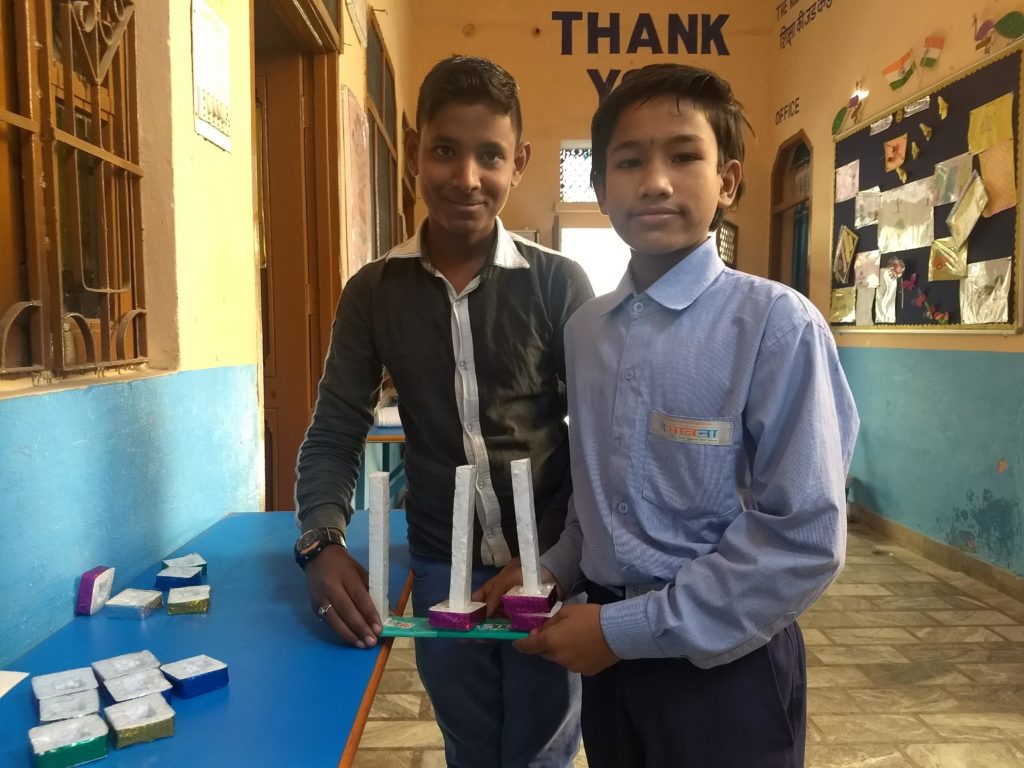
Kids like the one’s you see in the picture above work in facotories of Panipat as child labourers. The Pioneer in one of their reports stated that over 5,000 children were identified in Panipat to be working as child labourers. Out of these 3,112 children were found to working in hazardous conditions. What this means is that these many lives, who could have gone on to do something transformational and more meaningful will be left to fend for themselves battling ill health conditions all their lives.
At iDream Education, we saw this as an amazing opportunity. We got to work with an NGO which has took it upon themselves to make Panipat a Child Labor Free Zone. They have opened up learning centres where they motivate kids and their parents to allow their children to leave jobs and attend a bridge program. The bridge program came up to help such children reach their age appropriate grade level before enrolling them in formal schools.
We have set up TABLAB at three of their learning centres. Each tablet is pre-loaded with multiple categories of play way content. That too in their local language. The language that they understand best. The learning platform has been designed to guide every child to access the content of any class basis their learning level and interest.
I along with my colleague Pawan recently visited Panipat to interact with children and the teachers.
First, let me talk about the teachers.
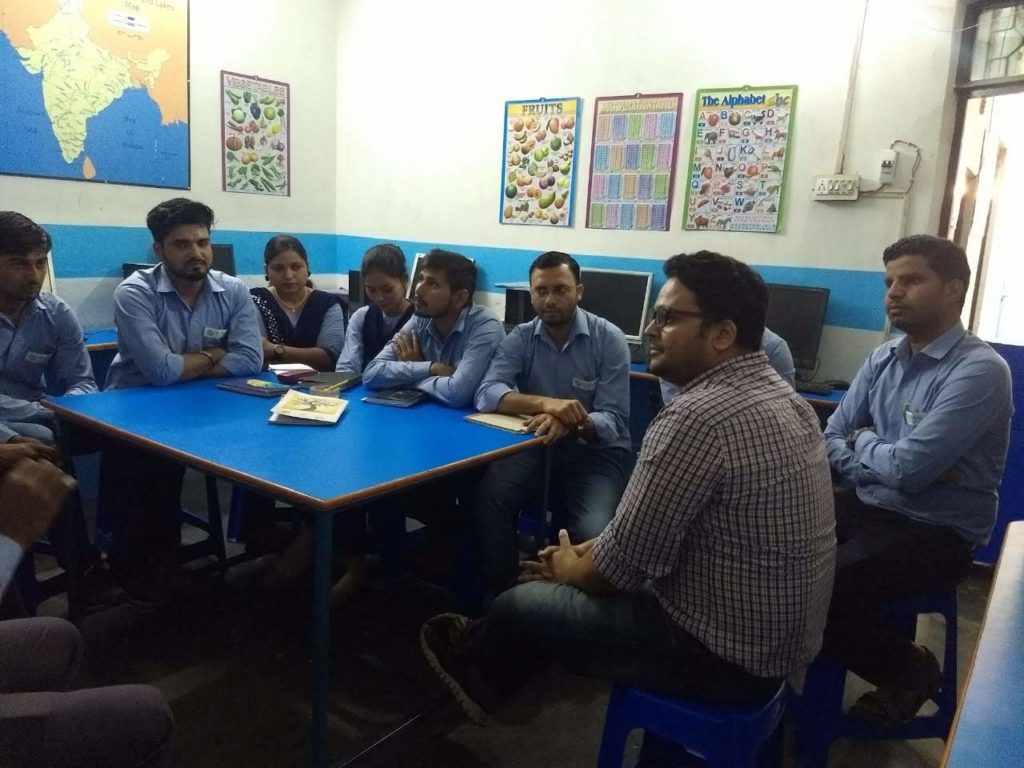
I have never interacted with a bunch of teachers more inspired than them. You know why I say this? Because every day, each teacher spends 45 minutes on the field. They go out to try to convince children to come to the learning centre.
For a family, where one of their child earns Rs. 2,000 a month, it is not very easy for them to give up this income. Still, these teachers tirelessly work to convince children and their parents, the benefits of receiving education. They don’t give up. They are out on the field every single day.
How TABLAB is helping the teachers?
We have designed TABLAB in a way that complements the psychology of these teachers and makes their job easier. With that, we have completely taken away the burden of storage, charging and maintenance of tablets. Overall, this gives them the peace of mind to let their children work on the tablets regularly.
While the NGO groups children on the basis of their learning levels, yet it is very difficult for a teacher to really personalise the learning for each child in his/her class. With TABLAB, the teacher will be able to guide each child with specific tasks. Each child can therefore take their own path to learning, which is empowering but also enjoyable.
And as mentioned earlier, TABLAB with its capability to open up content of multiple classes will greatly support the teachers to administer the bridge program better and faster.
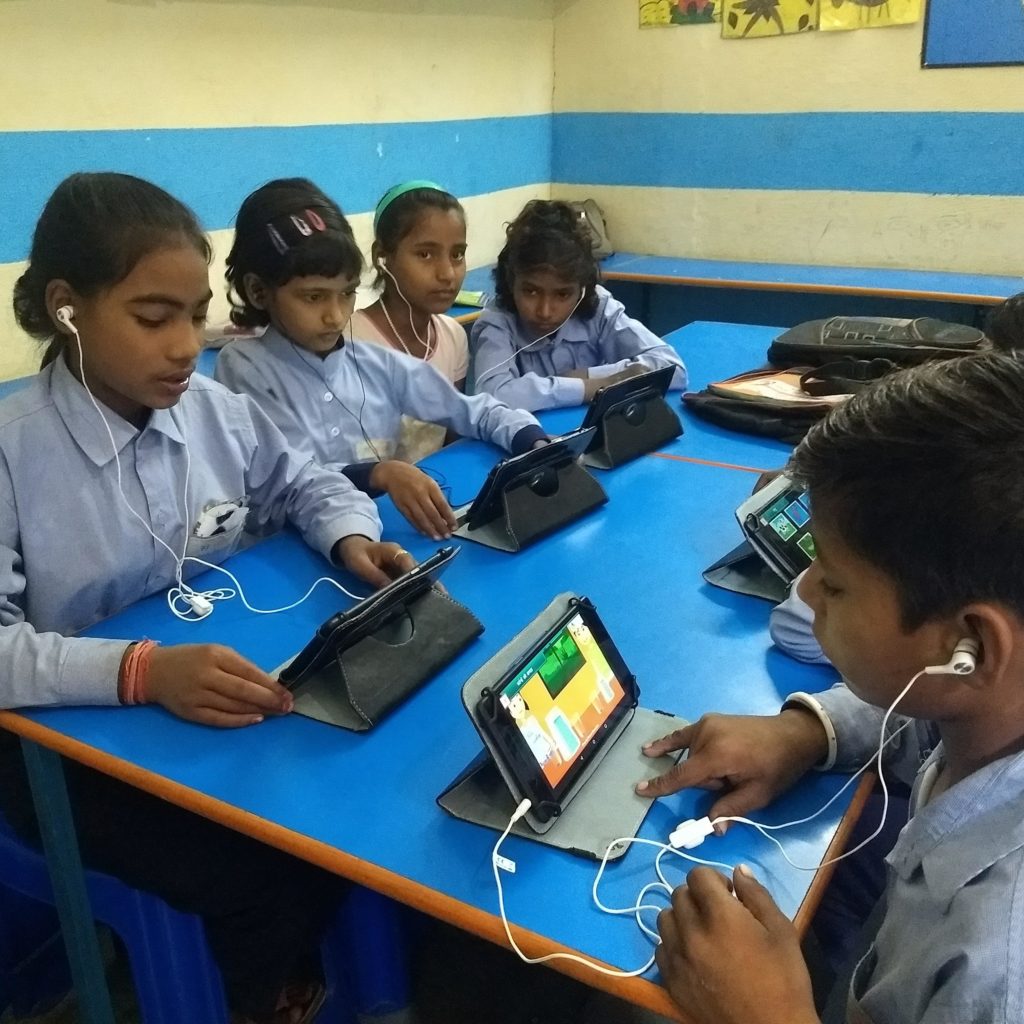
When I walked inside a TABLAB classroom, I saw these children operating their educational tablets and enjoying it. The key really is to give these children a non judgmental environment to learning. And TABLAB does exactly that. TABLAB empowers students to happily cover their historical learning gaps on their own or as guided by their teachers. And with a touch n play devices in their hands, they definitely enjoy the experience.
We are hoping to actually reduce the amount of time teachers have to spend on the field everyday. As time passes, we would want to see children happily and proactively wanting to come to the learning centre and learn.
Read: Can Educational Tablets cover historical learning gaps?
Building Skill with TABLAB
When I asked children on what they have learned on their tablets. Many of them rushed to show me models and toys they have built from the “Activity Video” section on the tablets. I recorded one such experience of two children who made a model to showcase strength of natural fibre.
You can watch it here:
Isn’t it ironic that they the first thing they got the learn about in the city of textiles is about fiber. But, you see the difference. Rather than sitting in a hazardous factory, the child is getting a real life experience about fibre and their properties sitting in the comforts of their classroom. Besides, imagine the kind of planning the children would have done to make this. Now, that’s building real life skills.
TABLAB is serving several purposes here – it is making learning fun. Further, it is making children excited to come to school everyday proactively and is helping teachers to run their bridge programs better. In addition to it with the help of these tabs, tomorrow these children can join school, go for higher education, work and make a true contribution to our country’s future. I know this is a large and a long term dream, but we do see it today, right in front of us – in the eyes of these children.
We are very grateful to have received an opportunity to work with these children and fight the Fourth battle of Panipat aiming to make it a Child labor Free Zone city. We deeply commit to our vision and will continue to work with these children. Overall we will continue to offer them life shaping opportunities. At last, as Panipat is fighting a fourth battle and we are happy to collaborate with NGOs and CRSs to fight this battle.
In the end, I would leave you with this one video. It is what i shot while in one of their learning centres. Watch the part towards the end where i also talk to a kid on how he is finding to use TABLAB.
At last, If you wish to be a part of this journey and partner with us to take TABLAB to more children around the country, please do leave your comments below. You can also write to us at share@idreameducation.org.
Download Now – Educational App
Watch Now – Best learning videos for 1st to 12th class
Follow Our Social Media Channel
Facebook – https://www.facebook.com/idreameducation
Instagram – https://www.instagram.com/idreameducation/
PS: The article is written by one of our team members – Rohit Prakash


